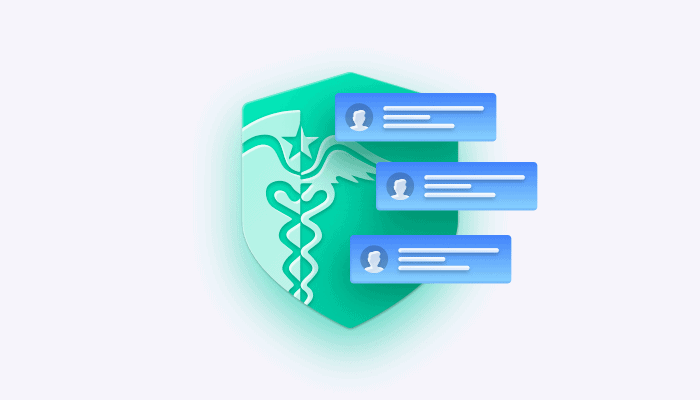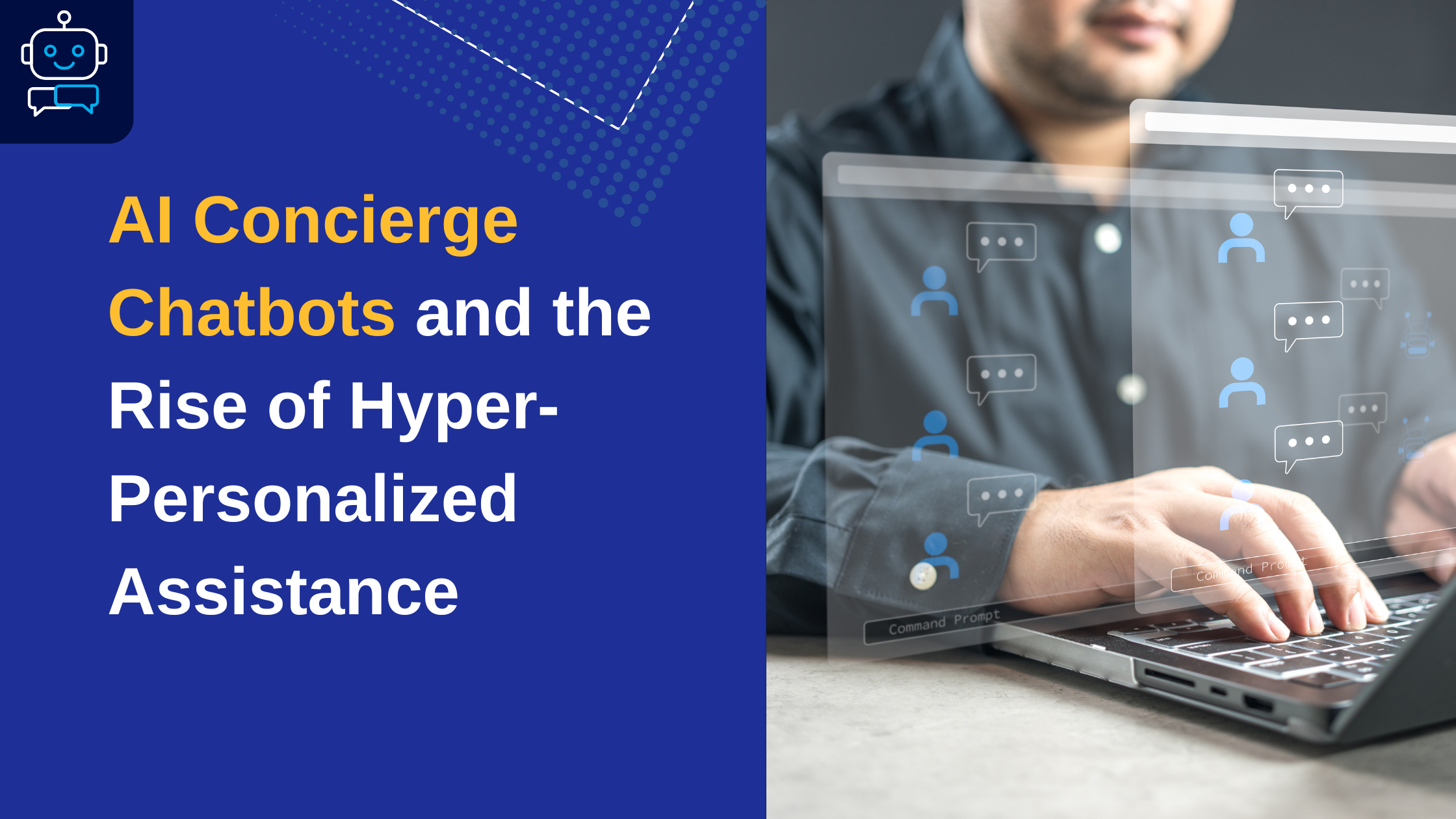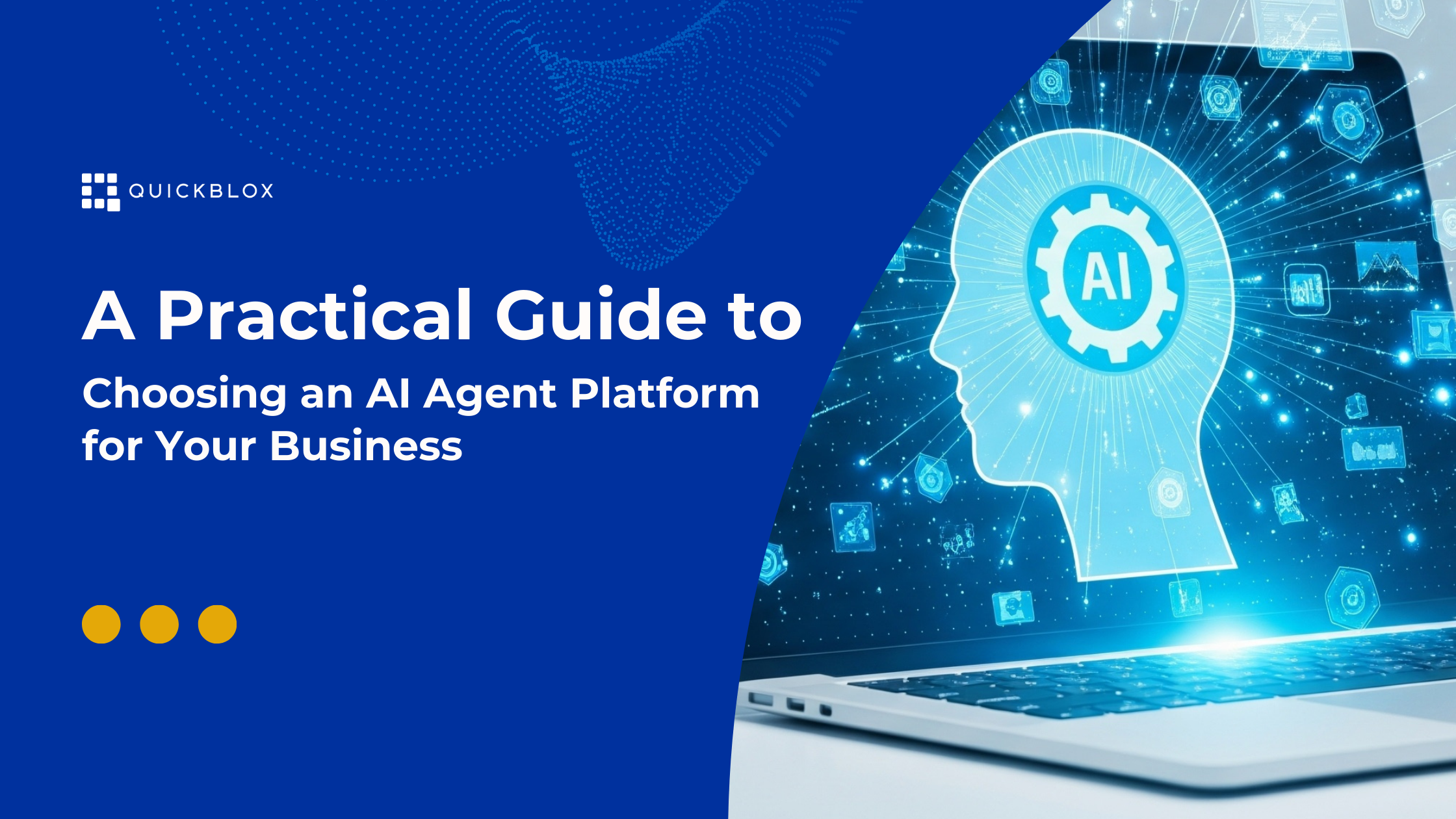
This blog is a revised version of an article first published in July 2020.
Chat API — an application programming interface (API) that makes it possible to integrate live chat services and messaging into any mobile app or website — is revolutionizing communication, especially the healthcare industry. More and more frequently, patients are communicating with their healthcare professionals from home on their mobile devices via secure text messaging and live chat. Equally, internal communications among hospital and clinic staff is occurring via a secure messaging platform. The impact of the Covid-19 pandemic, with its requirement for social distancing and remote consultation, has hastened these trends. The integration of chat services in apps for healthcare, with its numerous benefits, is clearly here to stay. Enabling easy chat conversations between patients, healthcare providers, and hospital staff, enhances patient care, improves efficiency among medical professionals, and ultimately supports success in patient health outcomes, heightening patient satisfaction.
While a feature rich chat API that offers new communication features is great to have, a chat API that is HIPAA compliant is a necessity. Any healthcare application dealing with patient data is required by law to be a HIPAA compliant chat solution, that is, it needs to safeguard patient privacy and personal data. But what exactly makes a chat API compliant? And how do you ensure you select the best chat API to build a secure chat platform? We discuss these issues in the following, highlighting some of the key factors you need to consider when choosing HIPAA compliant chat API.
What is HIPAA?
HIPAA stands for the Health Insurance Portability and Accountability Act of 1996. It is a complex law that sets standards for safeguarding patient data. Notably the HIPAA privacy rule seeks to safeguard protected health information (PHI), which is any information contained in a medical record created, used, or disclosed in the course of providing a health care service, (such as a diagnosis, or medical bill), that can be used to identify an individual (such as their birthdate or social security number). All eHealth applications that collect, store, or share PHI need to be HIPAA compliant. Failure to follow compliance requirements can result in hefty penalties and depending on the severity of the security breach, criminal charges.
Who must comply with HIPAA
HIPAA identifies two main groups who must comply with their regulations
- Covered entities are those directly involved in providing treatment or services in healthcare. These health care providers include doctors, clinics, hospitals, nursing homes, and pharmacies, as well as health plans and healthcare clearing houses.
- Business associates are the third parties that handle access or manage PHI because they perform services for a covered entity. These include management services, data processing, pharmacy benefits managers, and technology companies that provide solutions like chat services, patient intake forms, and telemedicine.
What are the HIPAA regulations?
Both covered entities and their business associates who have access to patient information must meet HIPAA compliance. The HIPAA security rule outlines a series of physical, technical, and administrative safeguards needed to ensure that PHI data is stored, managed, and accessed correctly. For example, administrative safeguards include the proper training of employees who have access to PHI, procedures for determining employee access, and policies around risk analysis of their computers and other information systems to identify potential security risks. Physical safeguards concern the physical security of the healthcare facilities and/or computer hardware where PHI is stored. Technical safeguards cover numerous technical measures needed to ensure the integrity of IT systems where users can access PHI, including the need for passwords, unique user ID, and database encryption.
How to choose HIPAA compliant chat API
When choosing a communication solutions provider to partner with when building your app, it is essential that you remain mindful of your obligation for HIPAA compliance. You will want to work with a chat API provider who can support your needs for regulatory compliance. Below are four factors to look out for when you choose who to partner with.
1. Choose a provider who will sign a Business Associate Agreement (BAA).
According to the HIPAA Privacy Rule a covered entity is required to obtain assurances from its business associate that the protected health information it receives will be kept safe. Therefore, for peace of mind, choose a chat API provider who will sign a Business Associate Agreement with you. There are many communication solution companies that provide the software tools (API & SDKs) needed to integrate communication functionality into your healthcare apps but not all are willing to sign a BAA with you. By signing this agreement they are demonstrating their knowledge of HIPAA compliance rules and their experience with supporting compliant healthcare communication solutions. Their willingness to enter this agreement in which they are acknowledging their liability shows that they are confident about supporting HIPAA compliance.
QuickBlox is a communication back-end provider with a range of powerful chat, video and voice APIs that can be easily integrated into your application for real time communication. Many medical professionals and healthtech organizations rely on QuickBlox HIPAA compliant services to build chat solutions intended for improving communications between doctors and patients. As an assurance of their expertise in supporting HIPAA compliance, Quickblox provides a Business Associate Agreement available in their Enterprise plan.
2. Choose a Chat API that can be hosted on a HIPAA compliant Cloud
There are many software providers that offer Chat API but have limited software deployment options, meaning you may be restricted to host your application and chat conversations on their dedicated cloud platform. But how can you be sure their cloud platform will allow you to provide HIPAA compliant chat? Choose a provider who can deploy their software in a hosting environment, of your choosing, that best meets your regulatory needs. Purposefully selecting the right cloud service to run your application and store your data, can save you a lot of time and worry, allowing you to focus on your application while they take care of maintaining a HIPAA compliant hosting infrastructure.
Quickblox can deploy their software anywhere. We provide flexibility to our customers in how they deploy our communication services. Many customers commonly request their services for healthcare communication to be deployed to their preferred hosting environment – for instance cloud providers like Amazon Web Services, Microsoft Azure, and others. AWS and other cloud providers offer a secure HIPAA compliant infrastructure that, if used correctly, will safeguard the integrity, confidentiality, and accessibility of health information. For additional security, healthcare customers can use dedicated hosts (servers) for the purposes of HIPAA compliance and QuickBlox offers this option for highly sensitive data management.
Additionally, QuickBlox has worked with a range of HIPAA compliant private and public cloud providers, including Azure and GCP. They can even install their software on premise in a hospital’s own private server. Wherever you choose to deploy, QuickBlox will configure your instance to guarantee the highest level of HIPAA compliance.
3. Choose a chat API that can support the technical safeguards outlined by HIPAA Security Rule
Regardless of your hosting environment you still need to design your application to create the necessary level of security outlined by HIPAA regulations. Of particular relevance to those involved in building and providing telemedicine apps are the HIPAA technical safeguards. HIPAA recommends and in some cases requires several technical security features to safeguard the integrity, security, and privacy of PHI data. These include a series of access controls to restrict who has access to PHI and audit controls to log and track people’s activity within systems containing PHI, measures to ensure secure data transmission and data integrity, and a system for user and entity authentication.
The QuickBlox platform and chat API supports many of the technical safeguard features required by HIPAA, including user verification and authentication systems, automatic log-offs in sessions when there is inactivity to protect data theft, encryption at rest and in transit, and secure data storage and backup options including high availability and disaster recovery (HA/DR). Learn more here.
4. Choose a ready-made customizable HIPAA compliant healthcare App
If you want to save time and resources building your own custom App you may prefer to choose a ready solution that offers HIPAA compliance.
QuickBlox’s Q-Consultation solution, provides a virtual waiting room with tele-consultation for remote doctor-patient treatment. It’s core features allow a doctor to invite a patient to a private consultation, hold them in a waiting room until they are ready, conduct the consultation via chat, voice, and video calling, take notes and share files. There is a user authentication feature and a dashboard for an administrator to manage the patient queue. Q-consultation is hosted on a secure, scalable, GDPR, and HIPAA compliant backend. Q-consultation is compatible with the QuickBlox platform so you can use Chat APIs & video calling SDKs across your various application(s) where needed for a deeper level of integration and across multiple applications. For example, you may use Q-consultation for patient interactions, but also use the QuickBlox platform to power internal communication like a private messenger for internal staff to communicate.
Benefits of using QuickBlox HIPAA compliant chat API
Adding text messaging and real time chat in medical apps is proving to be a popular technical innovation in the health industry. Improved communication among professionals in healthcare organizations enhances patient satisfaction. Using a HIPAA compliant service like QuickBlox means you have to worry less about compliance issues when building a compliant chat platform. QuickBlox provides powerful APIs for your communication needs, whether through a chat infrastructure, voice, or video solution. They aim to make it simple and efficient to develop HIPAA compliant chat solutions.
Contact us to learn more about our HIPAA compliant Enterprise Plan and how we can support your healthcare application.








